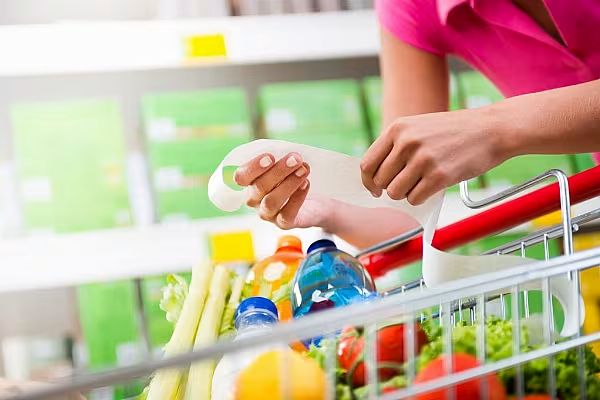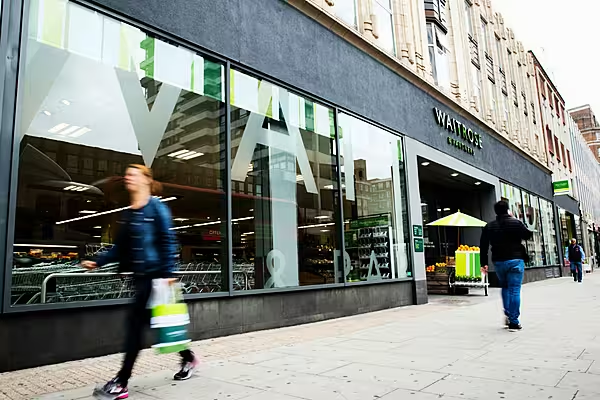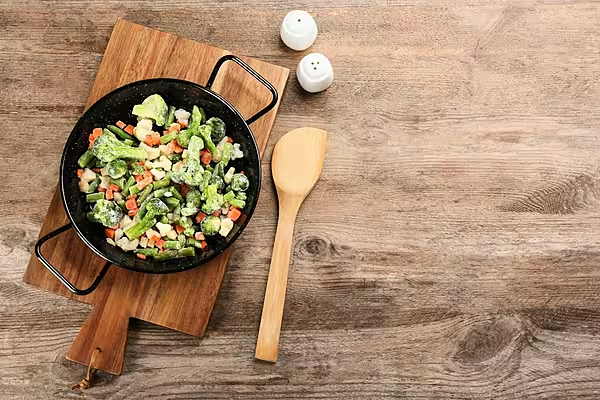UK retail sales rose more than forecast in July, driven by the biggest jump in purchases of food in almost two years.
The volume of goods sold increased 0.3%, just ahead of the 0.2% gain predicted by economists, figures from the Office for National Statistics published Thursday showed. The increase in June was revised down to 0.3% from 0.6%, though the total for the second quarter was unrevised.
Sales in July were largely driven by food, and figures covering the past three months show how pressure on consumers from faster inflation is weighing on retailers. Annual growth in the quarter through July was 1.8%, the weakest in almost four years.
Consumer Confidence
The retail report follows data on Wednesday showing that real incomes fell 0.5% in the second quarter as wages failed to keep pace with price increases. Consumer confidence has weakened this year and shoppers are already changing their spending habits to save money. More than half of households in a Nielsen survey published Thursday said they’re making cost-cutting efforts, the highest proportion in two years.
According to the report, 30% of households said they switched to cheaper grocery brands to save money, the most popular method of thrift ahead of saving on gas and electricity and spending less on new clothes.
The ONS data showed that demand at supermarkets led the retail gain in July, with food sales up 1.5% rebounding from a 1.1% drop the previous month. Almost every other category of sales saw a decline.
The strain on household budgets is likely to continue for some months yet, according to the Bank of England, although things may not get much worse as inflation may be near its peak. Still, economic growth is forecast to cool this year and next.
“The worst is probably over for the British consumer,” Dan Hanson and Jamie Murray, economists at Bloomberg Intelligence, wrote in a note on Thursday. “Rising inflation made for a torrid start to 2017, but the shock is already fading. While things are looking brighter for households, uncertainty is likely to mean companies remain cautious.”














